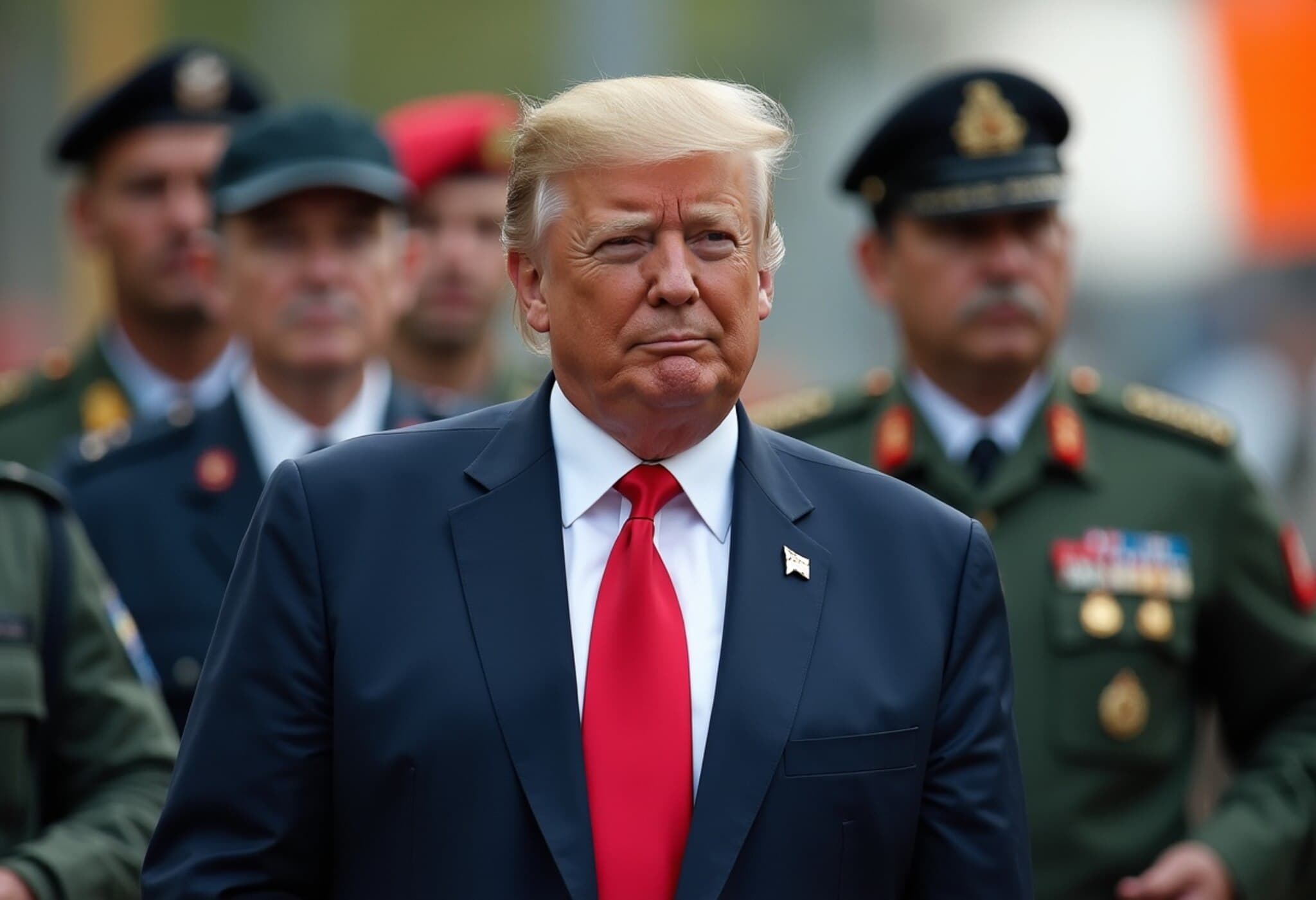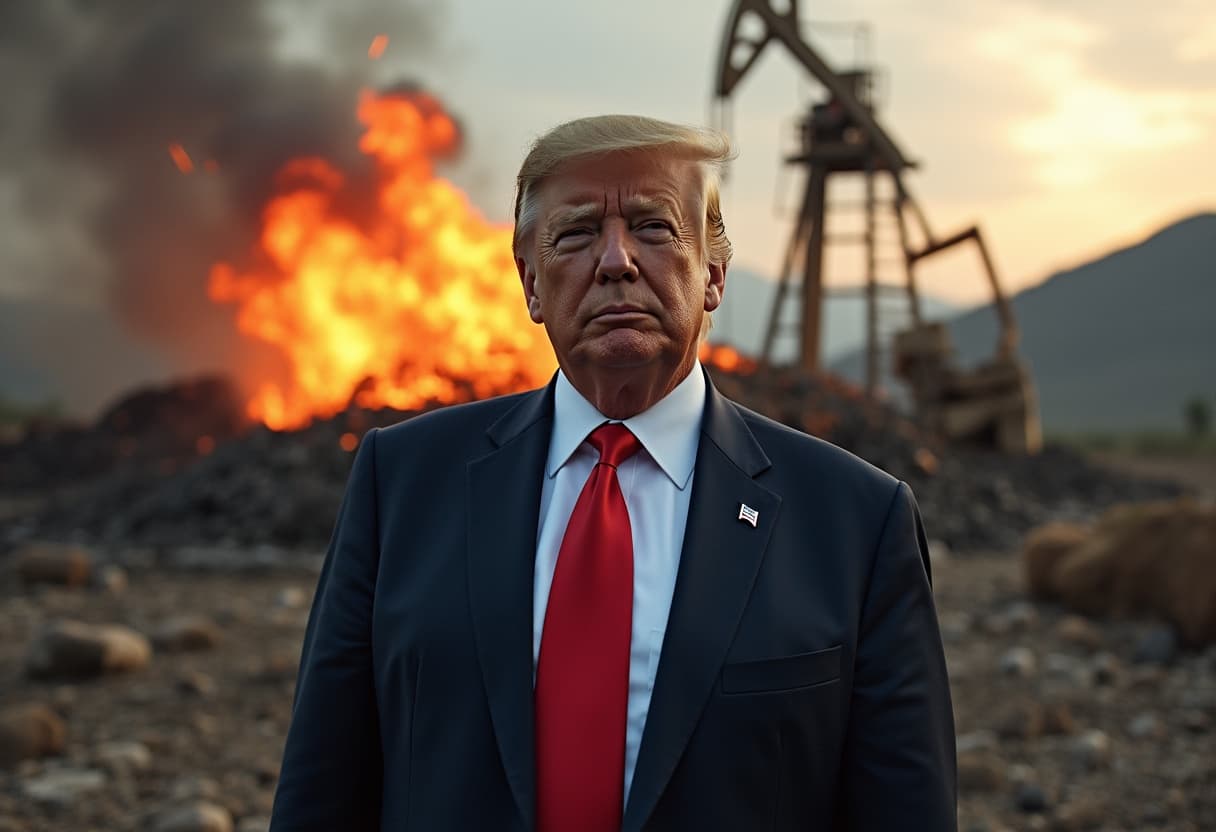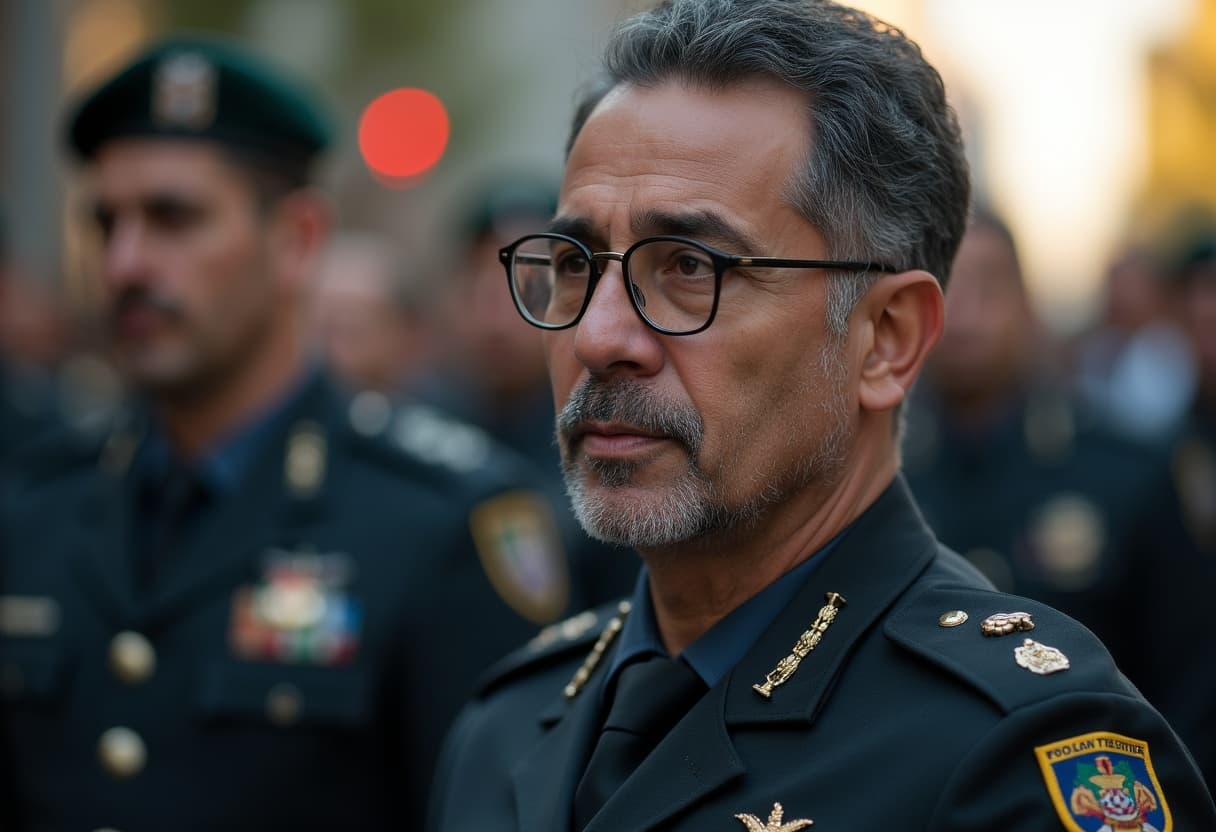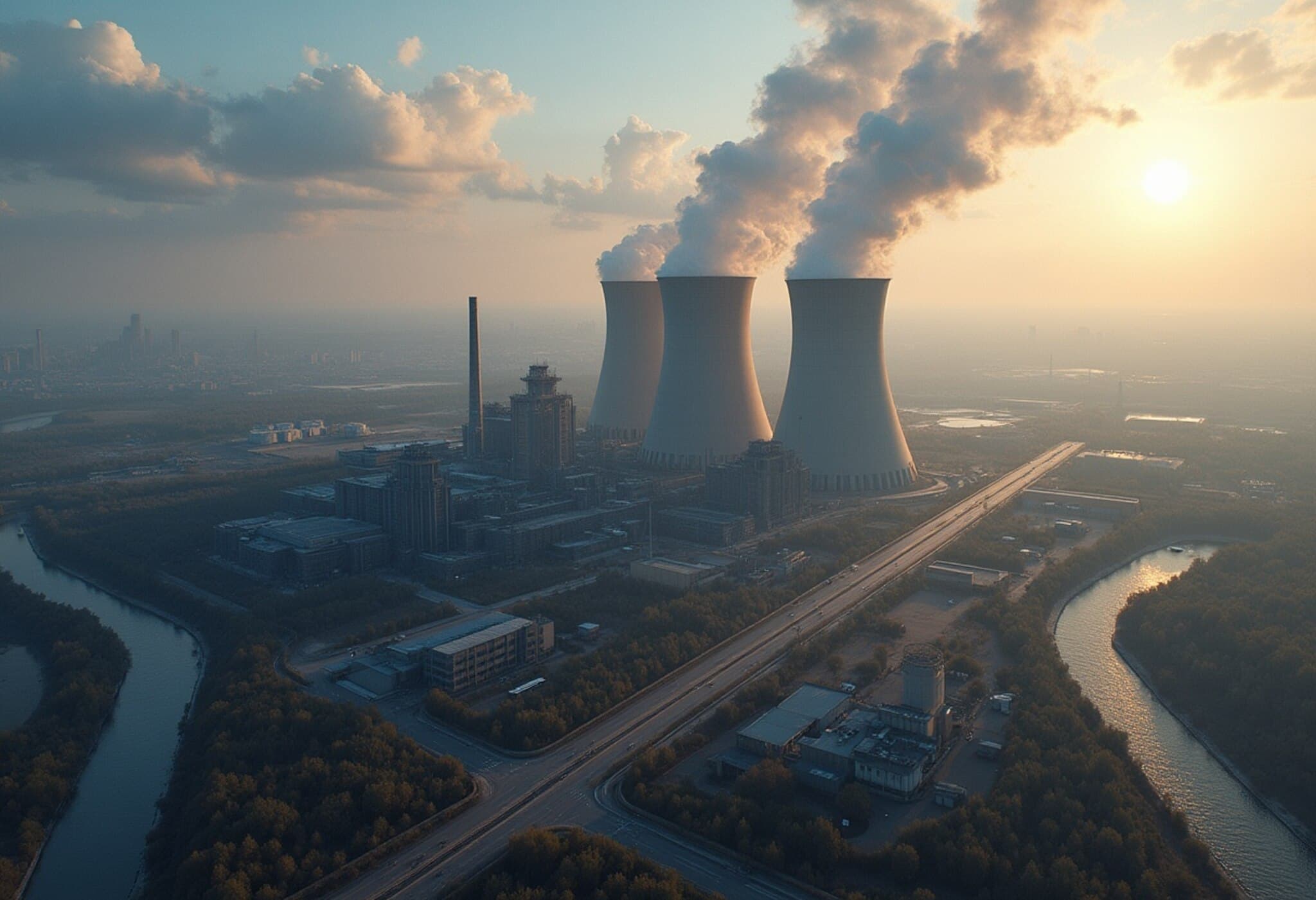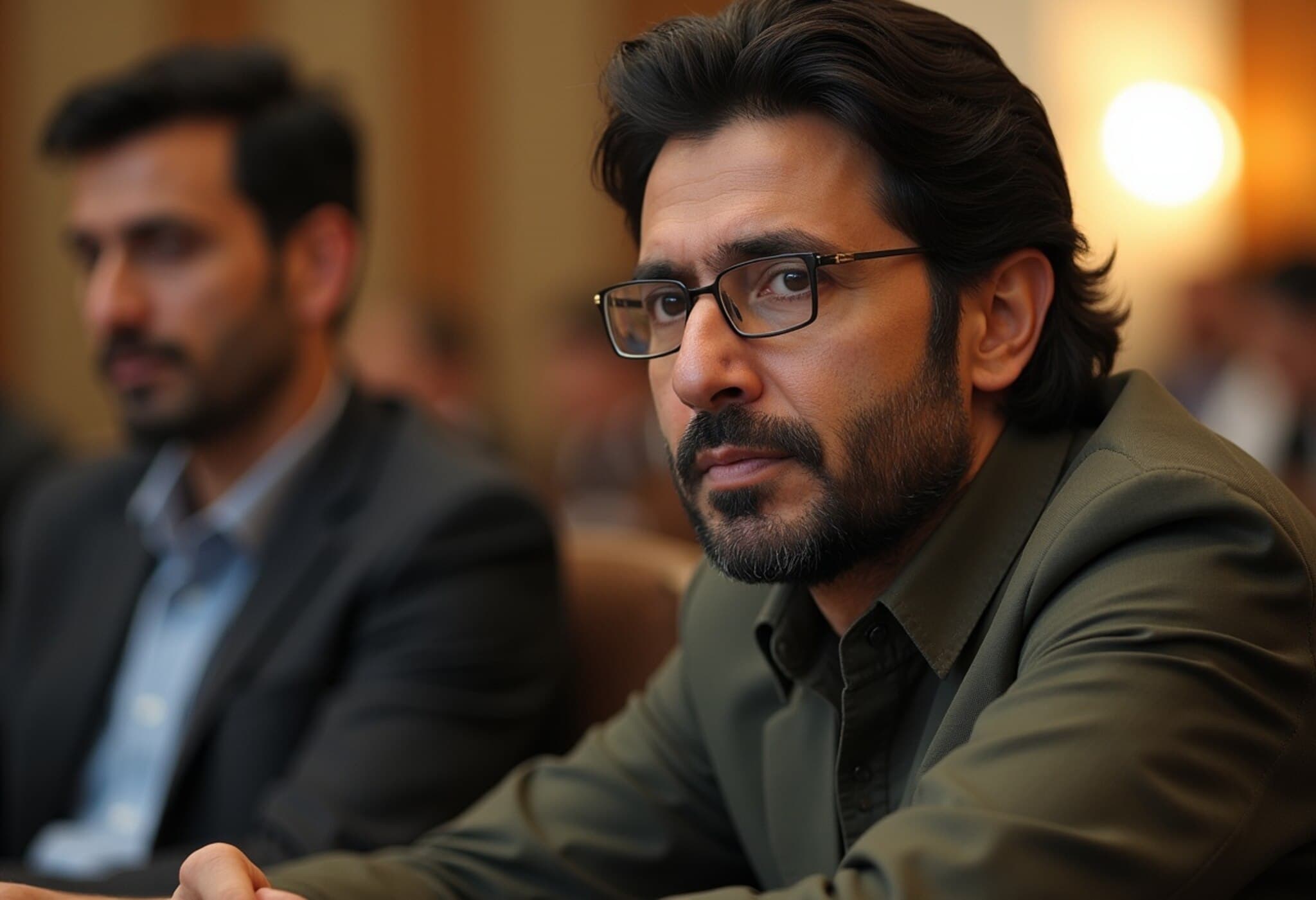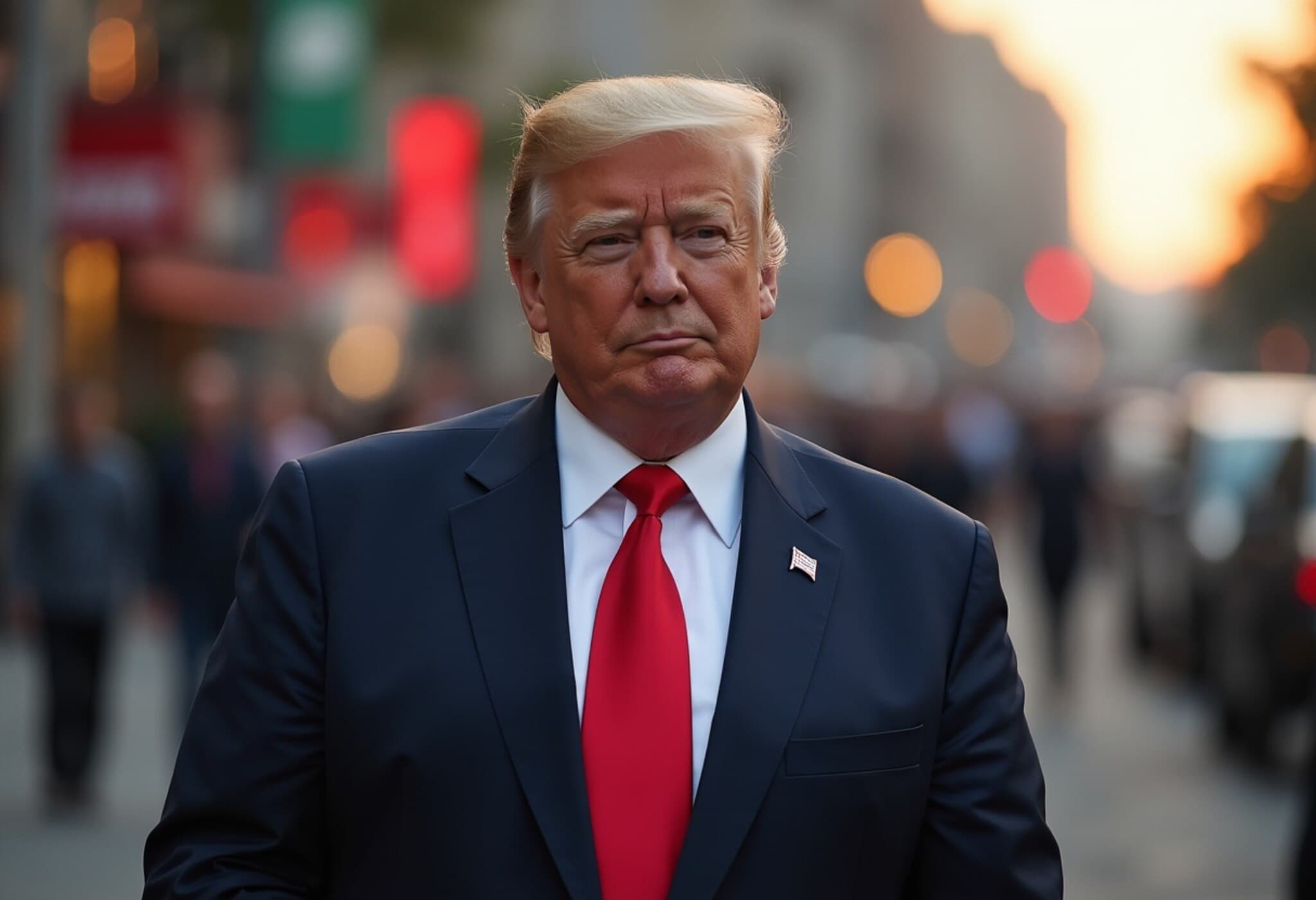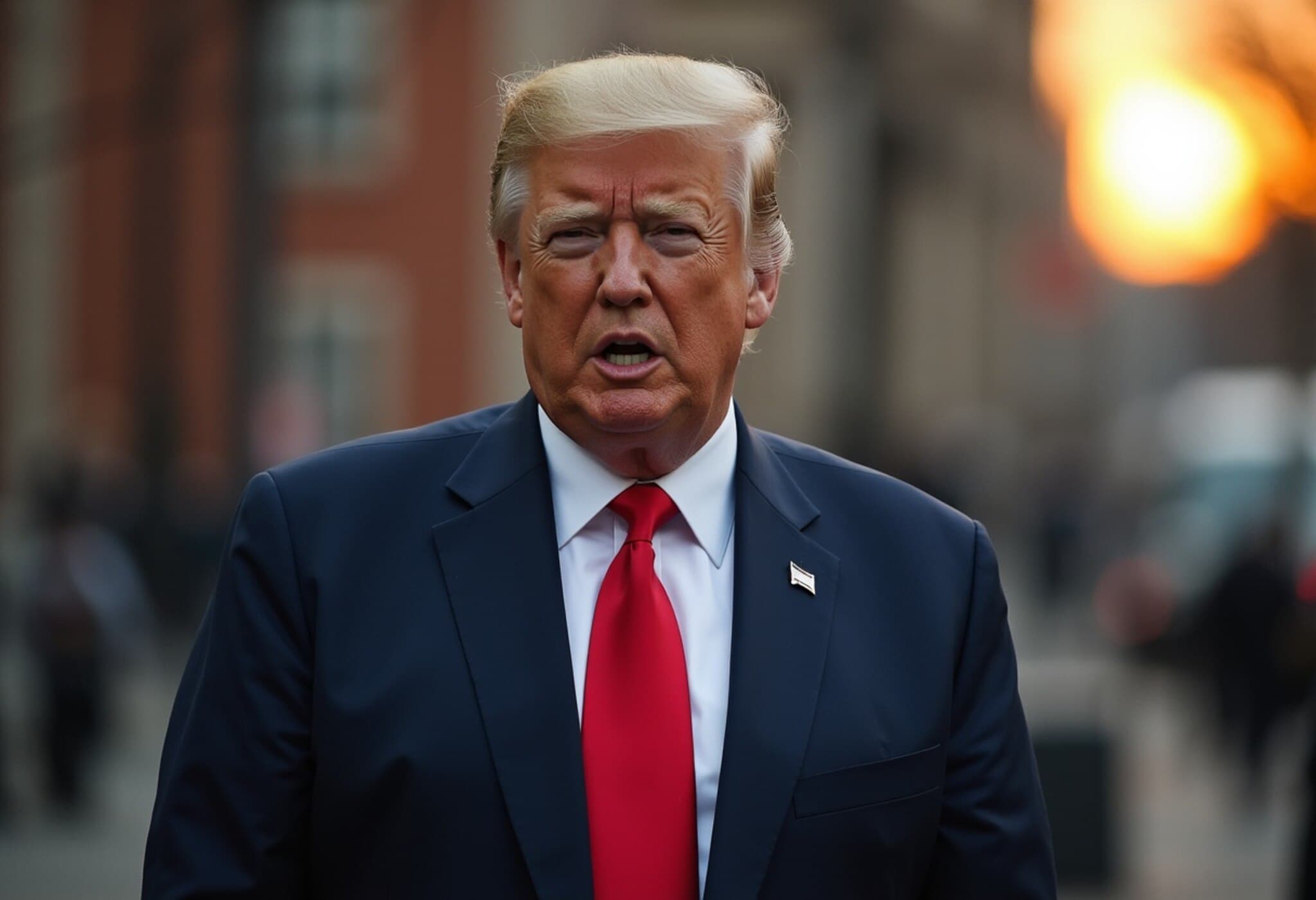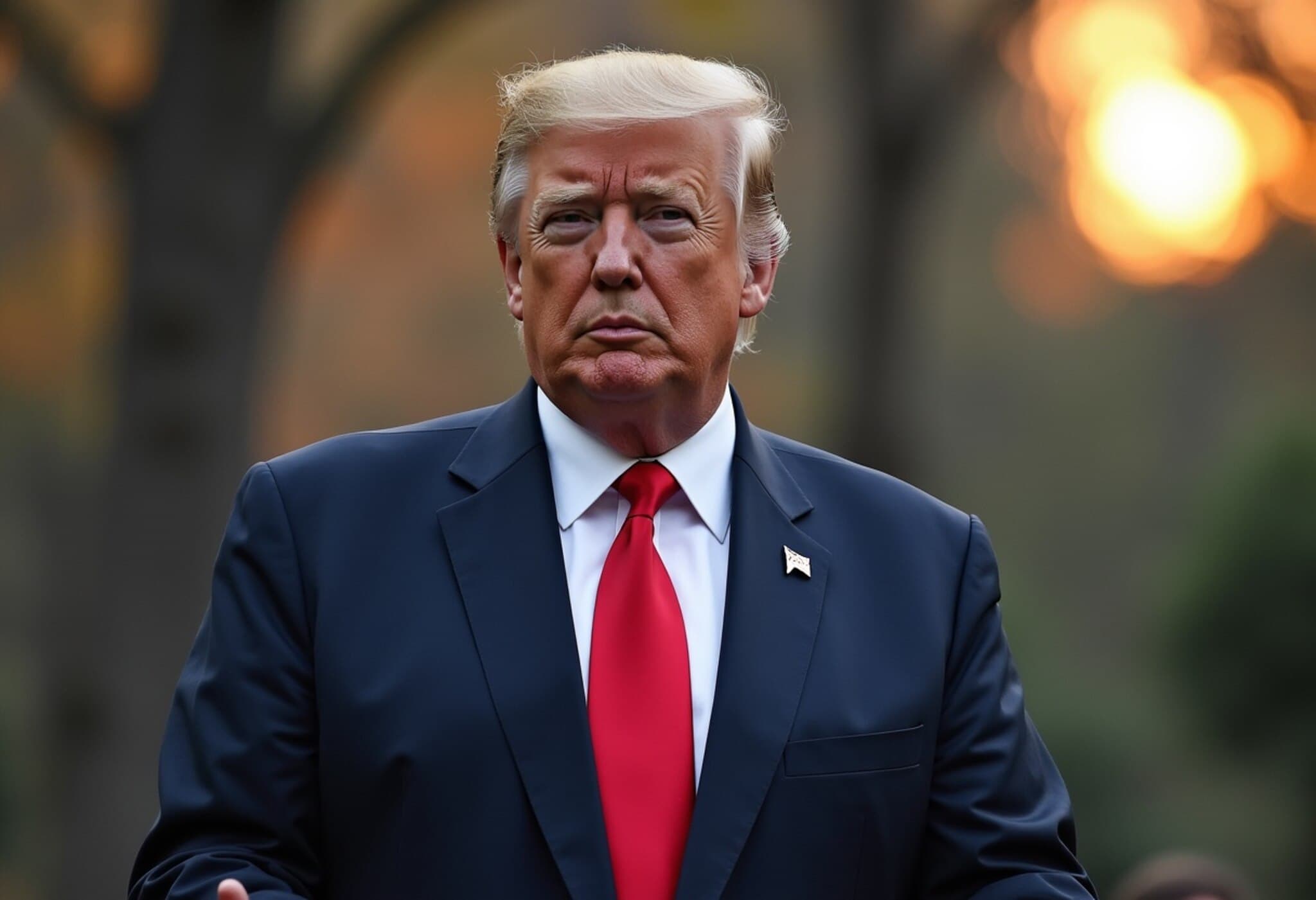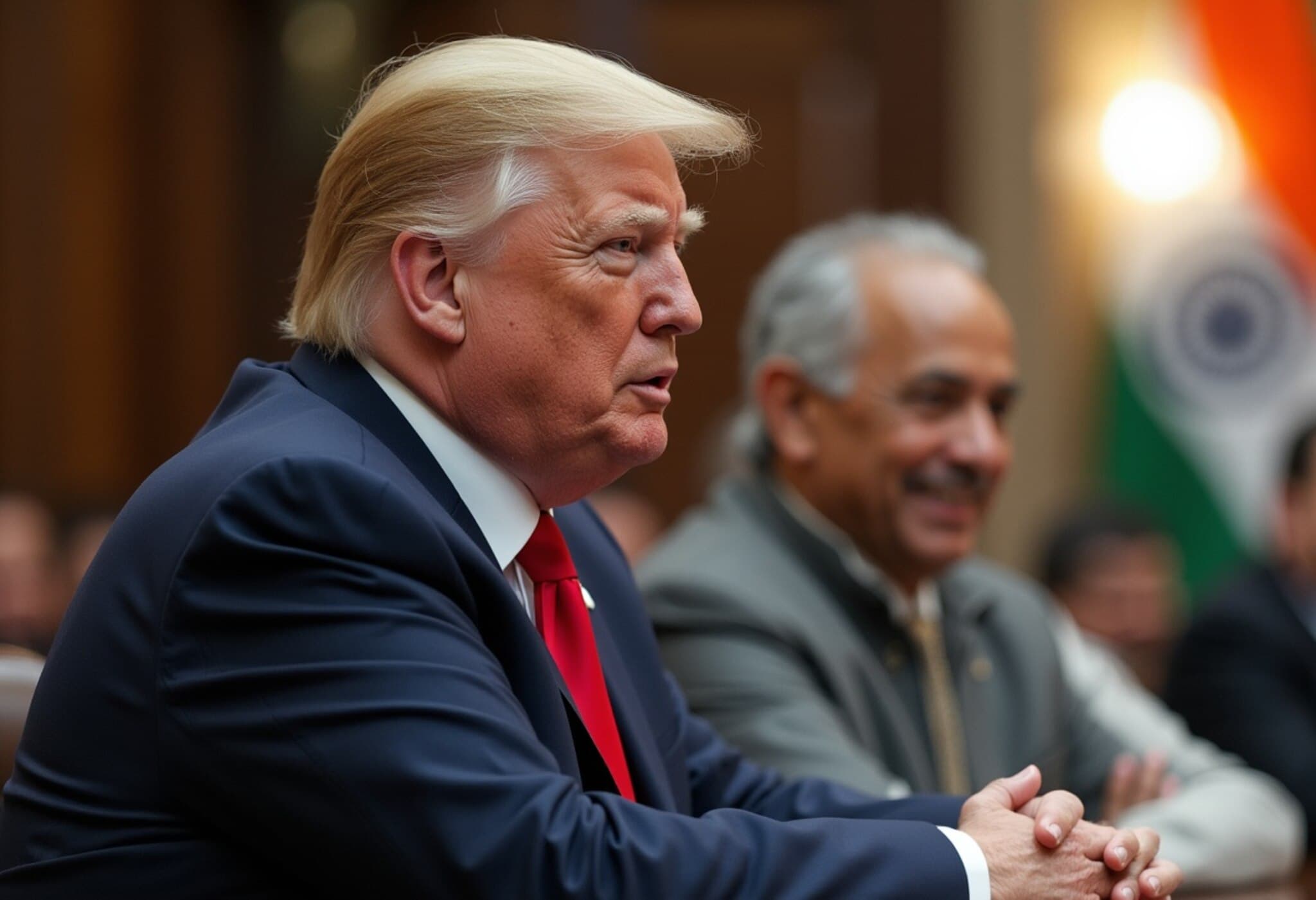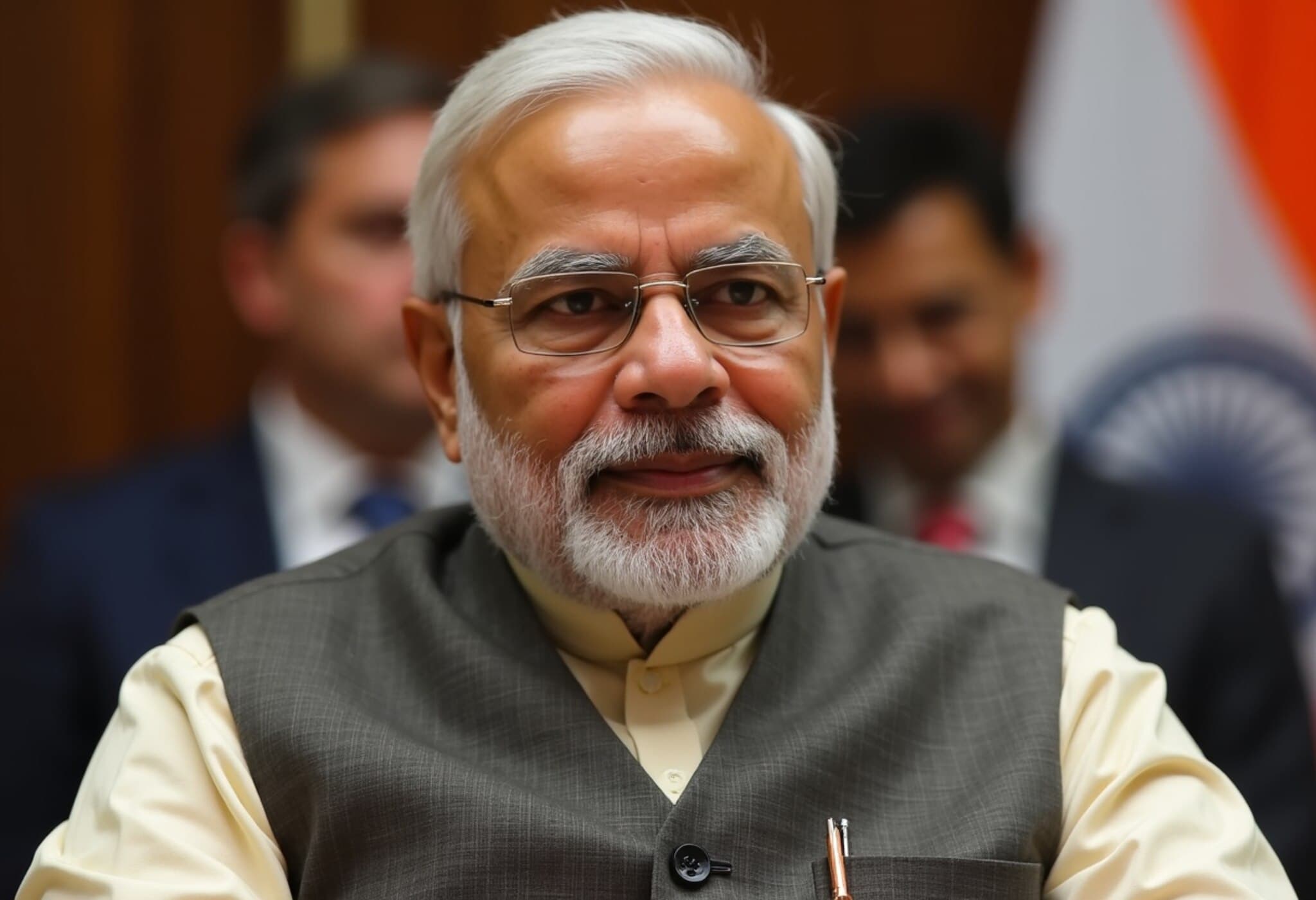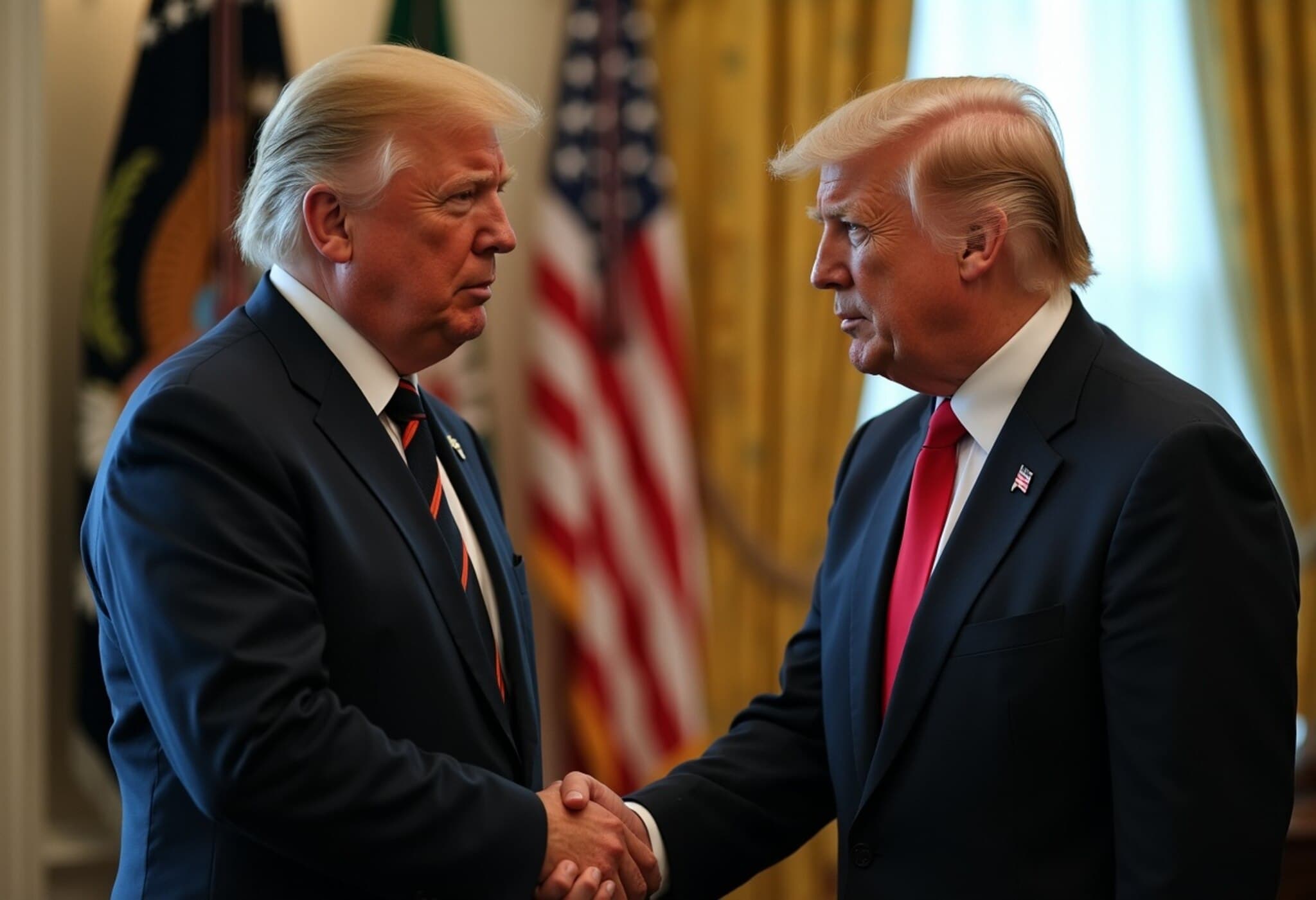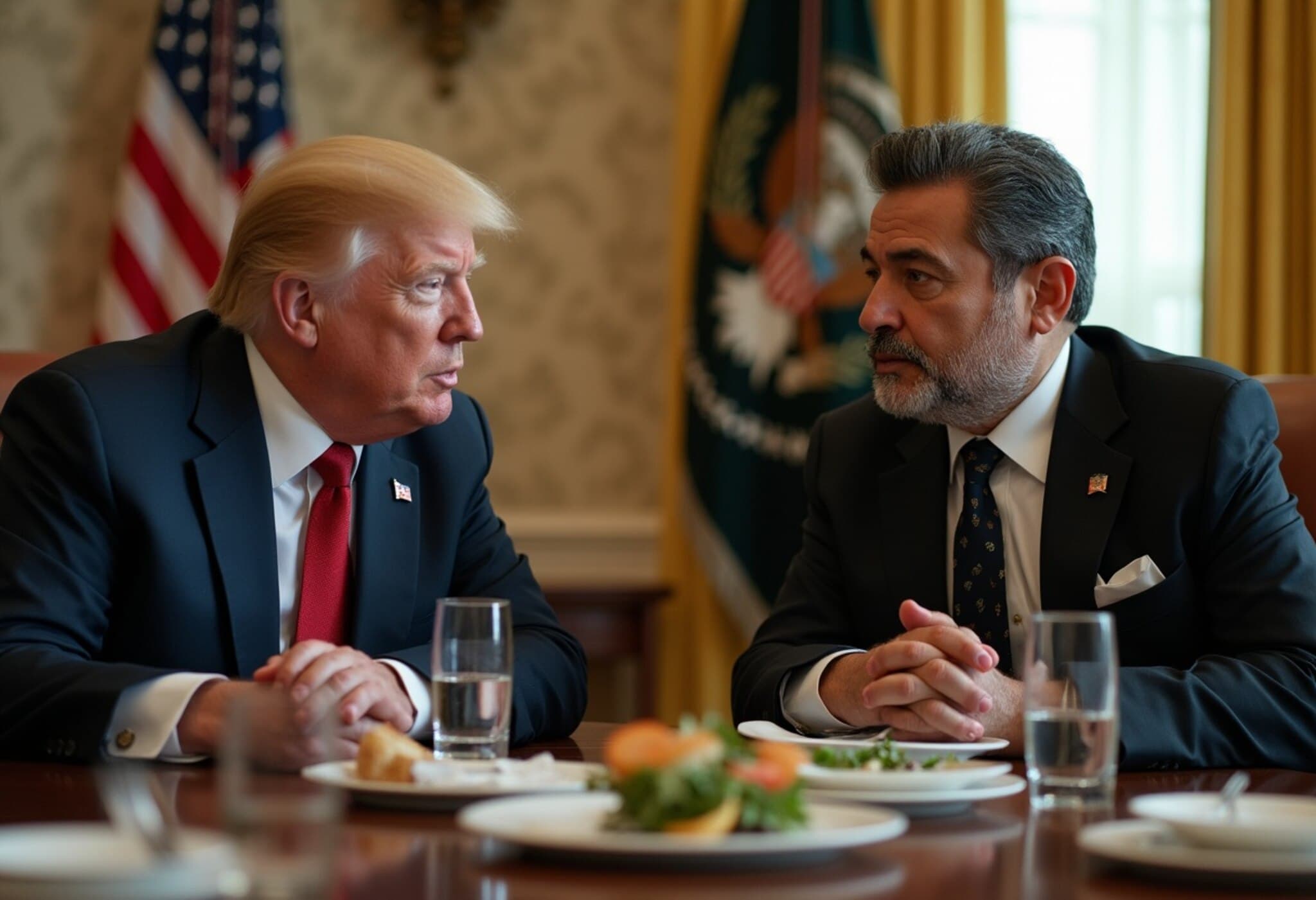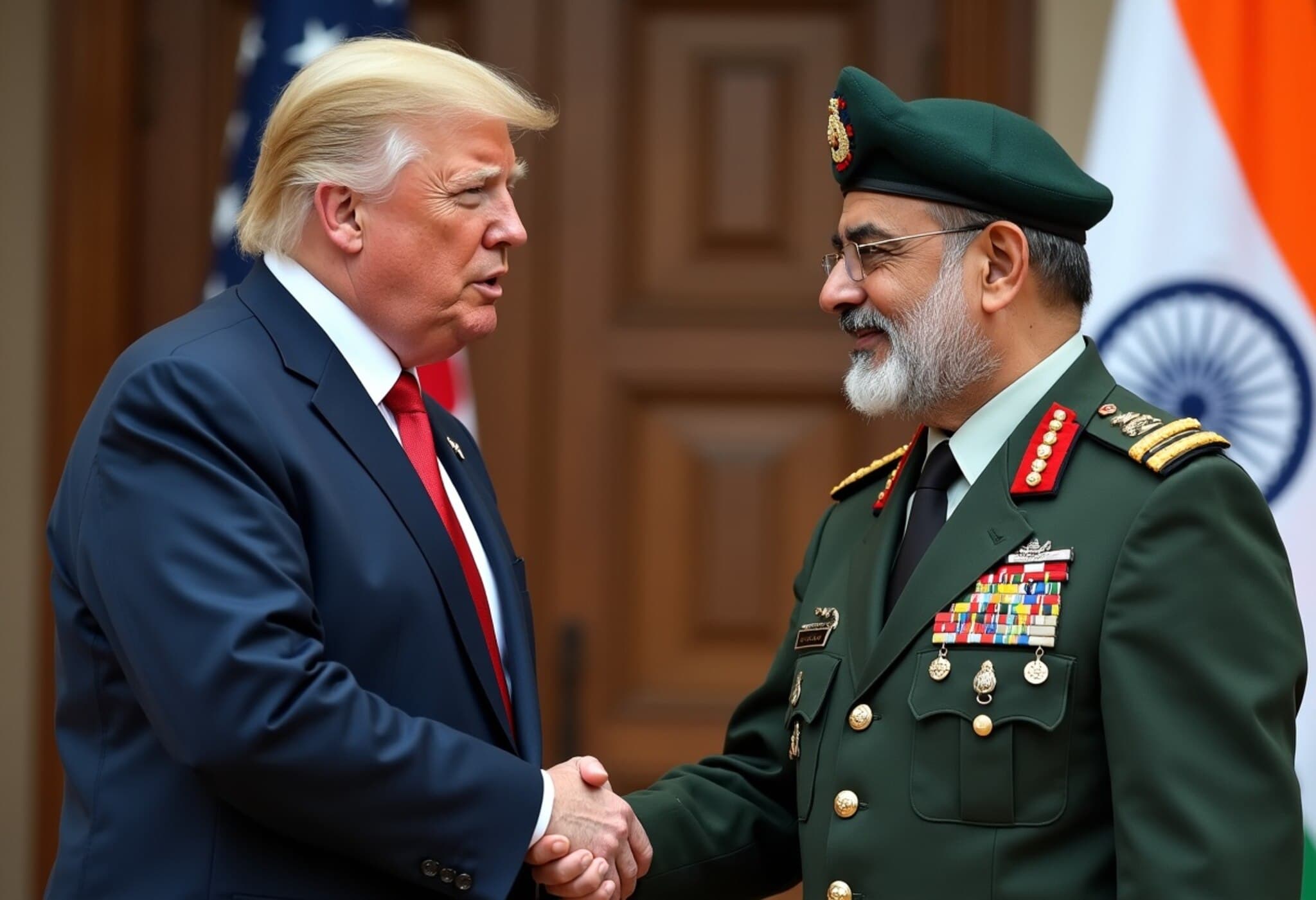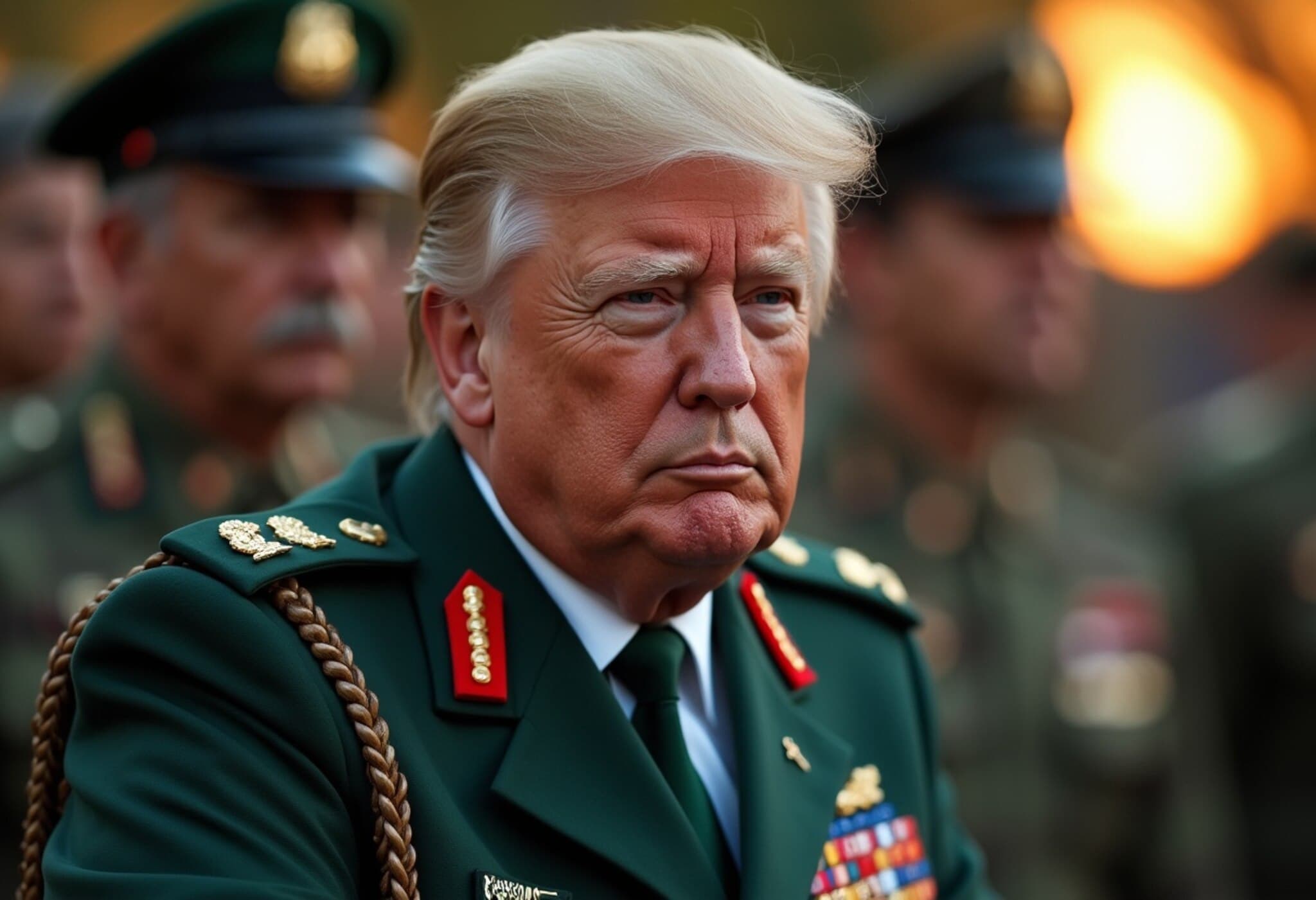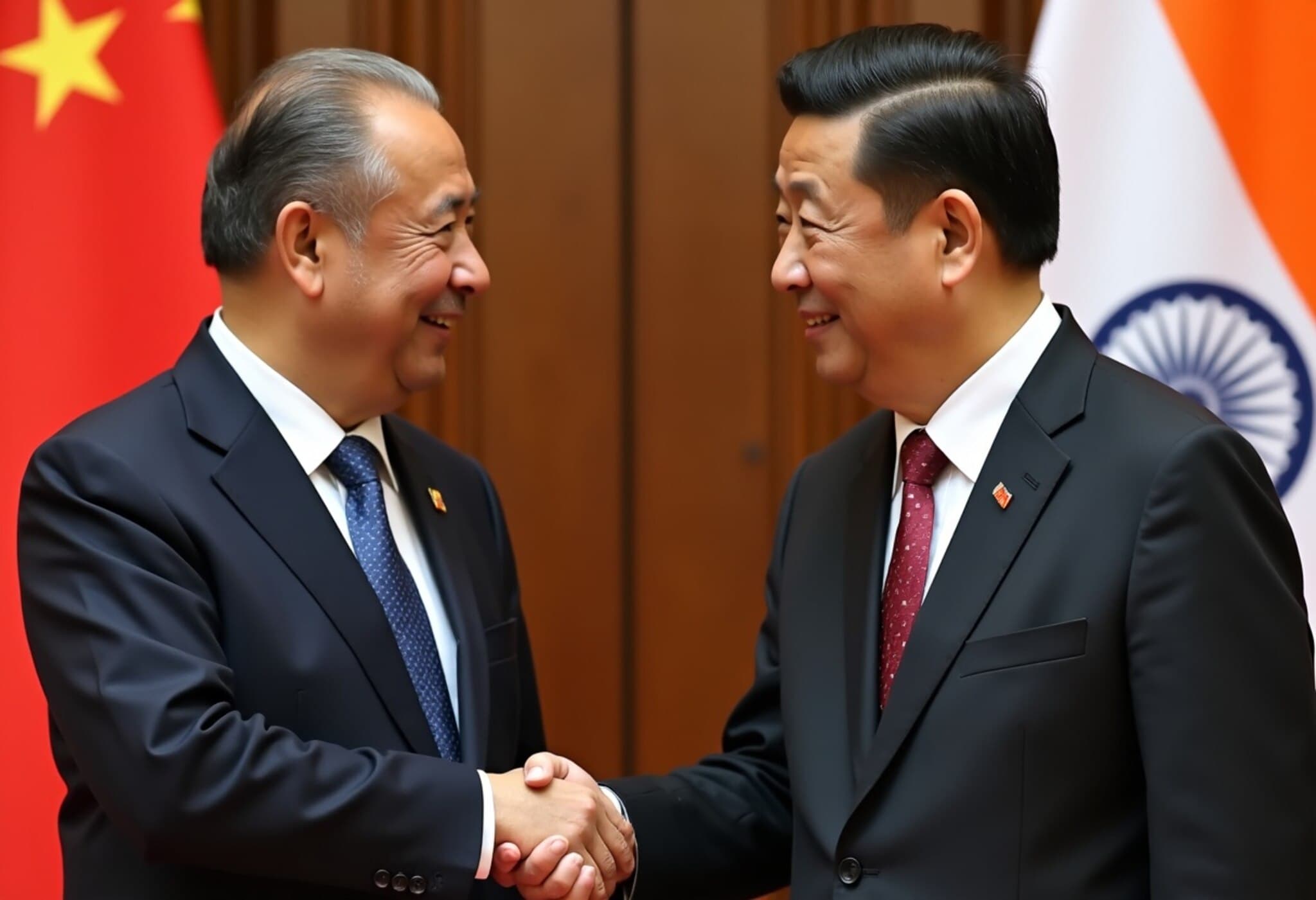Trump Asserts Role in Preventing India-Pakistan Nuclear Conflict
In a recent statement that has sparked international discussion, former US President Donald Trump claimed he played a pivotal role in halting a potential nuclear confrontation between India and Pakistan. Speaking during a meeting with NATO Secretary-General Mark Rutte, Trump emphasized his track record in resolving long-standing conflicts, citing the tense situation between India and Pakistan as a key example.
Context Behind the Tensions
The backdrop to Trump's remarks is the heightened military hostilities following the deadly Pahalgam terrorist attack, which tragically claimed 26 lives. In response, India launched Operation Sindoor, a cross-border military operation targeting militant camps. This series of events dramatically escalated tensions, drawing international concern over the possibility of nuclear escalation between the two nuclear-armed neighbors.
Trump’s Claim: Settling Wars Through Trade
During the meeting, Trump stated, “India and Pakistan would have been at nuclear war within another week, the way that was going. That was going very badly, and we did that through trade.” This assertion underscores Trump’s narrative that economic engagement can be a tool to de-escalate conflicts, although many analysts caution the complexity of Indo-Pak relations requires multifaceted diplomatic efforts beyond trade.
Official Indian Response: Denial of US Mediation Role
India has consistently refuted claims attributing mediation credit to the US in resolving the standoff. Earlier this month, India’s External Affairs Minister S Jaishankar clarified in an interview with Newsweek that the Indian leadership was firm and proactive in responding to threats, independently managing crisis communications.
Jaishankar recounted detailed diplomatic exchanges, noting a direct warning from US Vice President Vance about imminent Pakistani offensives, to which Prime Minister Narendra Modi was unyielding. Further communication emphasized Pakistan’s willingness to de-escalate, culminating in a direct ceasefire request between military commanders from both countries — a move India framed as the result of its steadfast stance rather than external mediation.
Pakistan’s Perspective and Role
In contrast, Islamabad has publicly expressed gratitude towards Trump’s efforts, viewing them as a positive contribution toward defusing the crisis. This difference in official narratives highlights the complex geopolitical dance around the conflict, underscoring how international involvement is perceived and portrayed differently by the stakeholders.
Expert Analysis: The Reality Behind Conflict De-escalation
Experts emphasize that while provocative claims of “averted nuclear war” capture headlines, the truth often lies in a web of regional diplomacy, intelligence, and military prudence. The Indo-Pak conflict ecosystem involves decades of mistrust, proxy wars, and complex political narratives. Analysts suggest that the real work of de-escalation comes from ground-level communications, sustained diplomatic pressure, and resilience on all sides.
From an American foreign policy perspective, this episode underscores the delicate balancing act Washington faces in South Asia — managing strategic partnerships with both India and Pakistan, countering terrorism, and preventing nuclear proliferation. Trump's statements also reflect a broader theme of his administration’s attempt to position itself as a global peacemaker.
Looking Forward: Lessons and Open Questions
- Transparency in diplomacy: How can conflicting narratives about mediation be reconciled to foster trust?
- Role of economic ties: Can trade realistically act as an effective peacekeeper in deeply entrenched conflicts?
- US involvement: What is the appropriate level of US engagement in Indo-Pak relations, given regional sensitivities?
As tensions between India and Pakistan periodically flare, the international community must stay vigilant, encouraging dialogue and condemning escalation. The recent episode, with its contrasting claims, serves as a reminder that peace is often fragile and requires sustained, honest effort from all parties.
Editor’s Note:
The narrative around this near-crisis between India and Pakistan reveals more than just a headline-worthy peace claim — it exposes the layered realities of international diplomacy. As readers, we must remember that impactful conflict resolution often happens in quiet rooms, through unpublicized channels and mutual restraint rather than grandstanding speeches. The role of trust, transparency, and tenacity in global peace efforts remains as crucial as ever.

